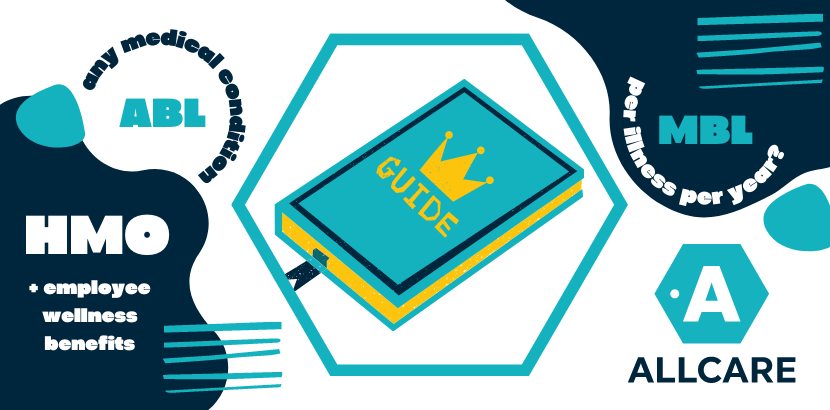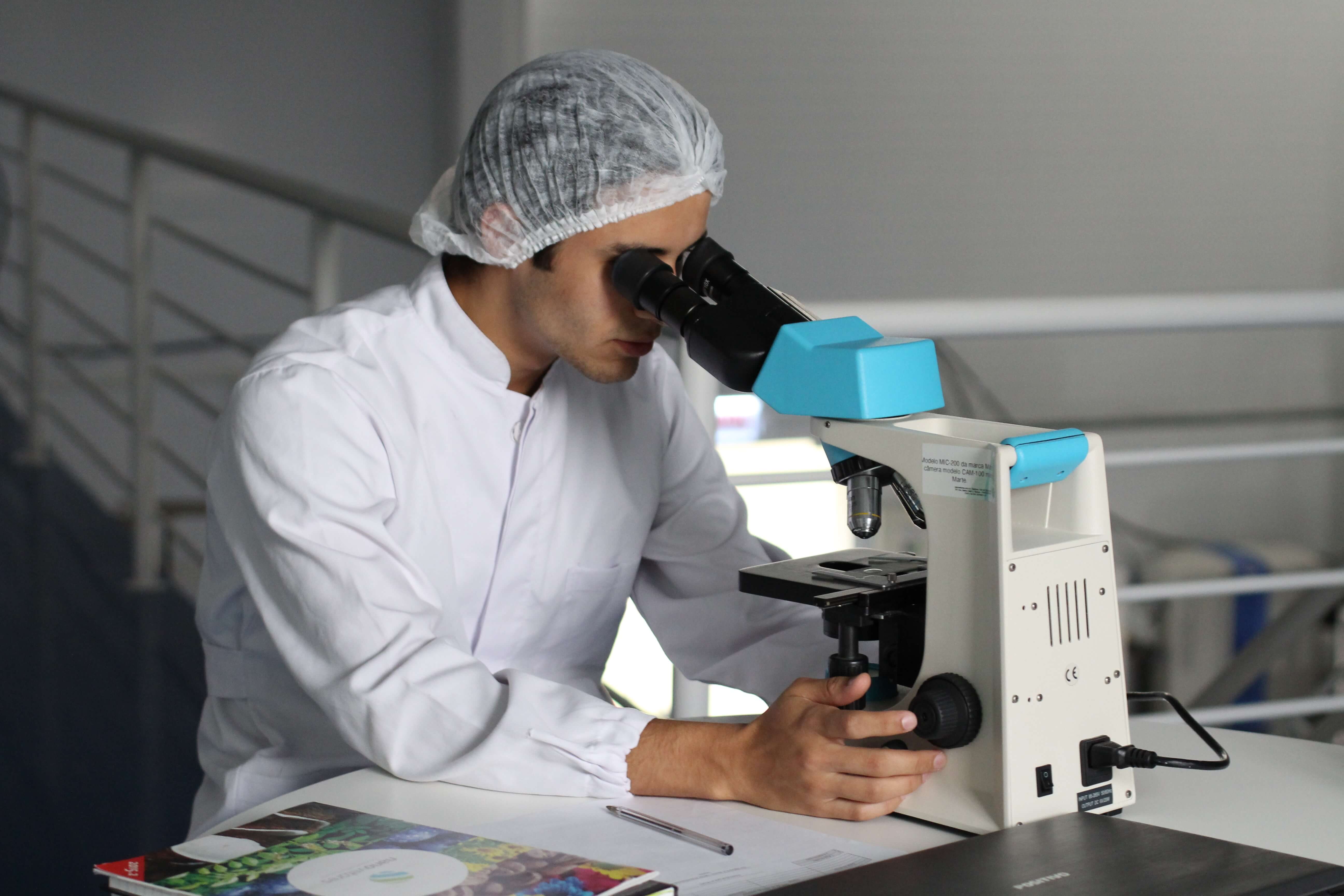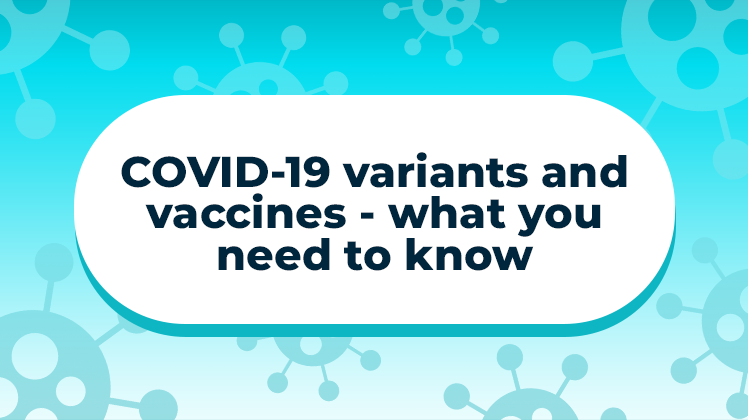As the Philippines’ COVID-19 cases continue to climb every day, the government has decided to shift the NCR and other nearby areas back to Enhanced Community Quarantine (ECQ). Reverting back to the original lockdown plan only goes to show how serious this problem is. Yet another proof of the scale of this problem is the growing number of COVID mutations. Right now, there are 4 new variants in the Philippines-- a very alarming number, considering that we have not flattened the curve from when the pandemic first peaked.
Let’s take a look at what the new COVID-19 mutations or variants are. Here are some details lifted from a CNN Philippines *article earlier this month.

B.1.1.7 SARS-CoV-2 variant
It’s also known as the UK variant. It had a “large number of mutations” and is associated with increased virus transmissibility, according to the US Centers for Disease Control and Prevention.
Researchers said the variant first emerged in the UK in September 2020.
B.1.351 SARS-CoV-2 variant
The South Africa variant was first discovered in Nelson Mandela Bay, South Africa in October 2020, and also has multiple mutations in the spike protein, according to the US CDC.
P.1 SARS-CoV-2 variant
The Brazil variant was first publicly reported by Japan’s National Institute of Infectious Diseases. It was identified among four travelers from Brazil, who were tested during an airport screening in the East Asian country.
The US CDC said there is evidence that some mutations of this variant may affect virus transmissibility as well as the ability of antibodies generated through previous infection.
P.3 SARS-CoV-2 variant
The P.3 variant— believed to have a “unique set of mutations”— was first discovered in the Philippines, but health officials refused to label it as the Philippine variant just yet.
Health Secretary Francisco Duque said the variant cannot be classified as a “variant of concern,” noting that more data is needed regarding its transmissibility and effects on current vaccines.

Now that we’ve laid out the different COVID-19 variants currently in the country, you may be wondering what it means and why it is such a big deal. For one, the variants can be transmitted easier and have more severe effects than the “original” one. This then imposes a greater risk not just for the elders and immunocompromised, but to the younger, healthier people as well. Furthermore, the new mutations can impact the efficacy of the vaccines.
With this in mind, the question on everybody’s mind is, should you get vaccinated?
The answer is, and will always be yes. According to the World Health Organization, “Vaccines are a critical tool in the battle against COVID-19, and there are clear public health and lifesaving benefits to using the tools we already have. We must not put off getting vaccinated because of our concerns about new variants, and we must proceed with vaccination even if the vaccines may be somewhat less effective against some of the COVID-19 virus variants. We need to use the tools we have in hand even while we continue to improve those tools. We are all safe only if everyone is safe.”
Even with the current mutations of the virus, the vaccines will still provide protection against the virus and its variants. Yet another statement from WHO says, “The COVID-19 vaccines that are currently in development or have been approved are expected to provide at least some protection against new virus variants because these vaccines elicit a broad immune response involving a range of antibodies and cells. Therefore, changes or mutations in the virus should not make vaccines completely ineffective. In the event that any of these vaccines prove to be less effective against one or more variants, it will be possible to change the composition of the vaccines to protect against these variants.”
Remember, though, that the vaccines are not to be confused as the cure to the virus. The cure is still currently being developed by talented scientists and healthcare professionals around the world. The vaccines, however, can shield you from contracting moderate to severe COVID-19.
The fight, it seems, is still far from being over. But let’s help each other by doing our part-- stay at home and stay safe.
Related Articles

Mar 06, 2020

Dec 08, 2019

Feb 06, 2020

Nov 09, 2022

Jan 27, 2020


